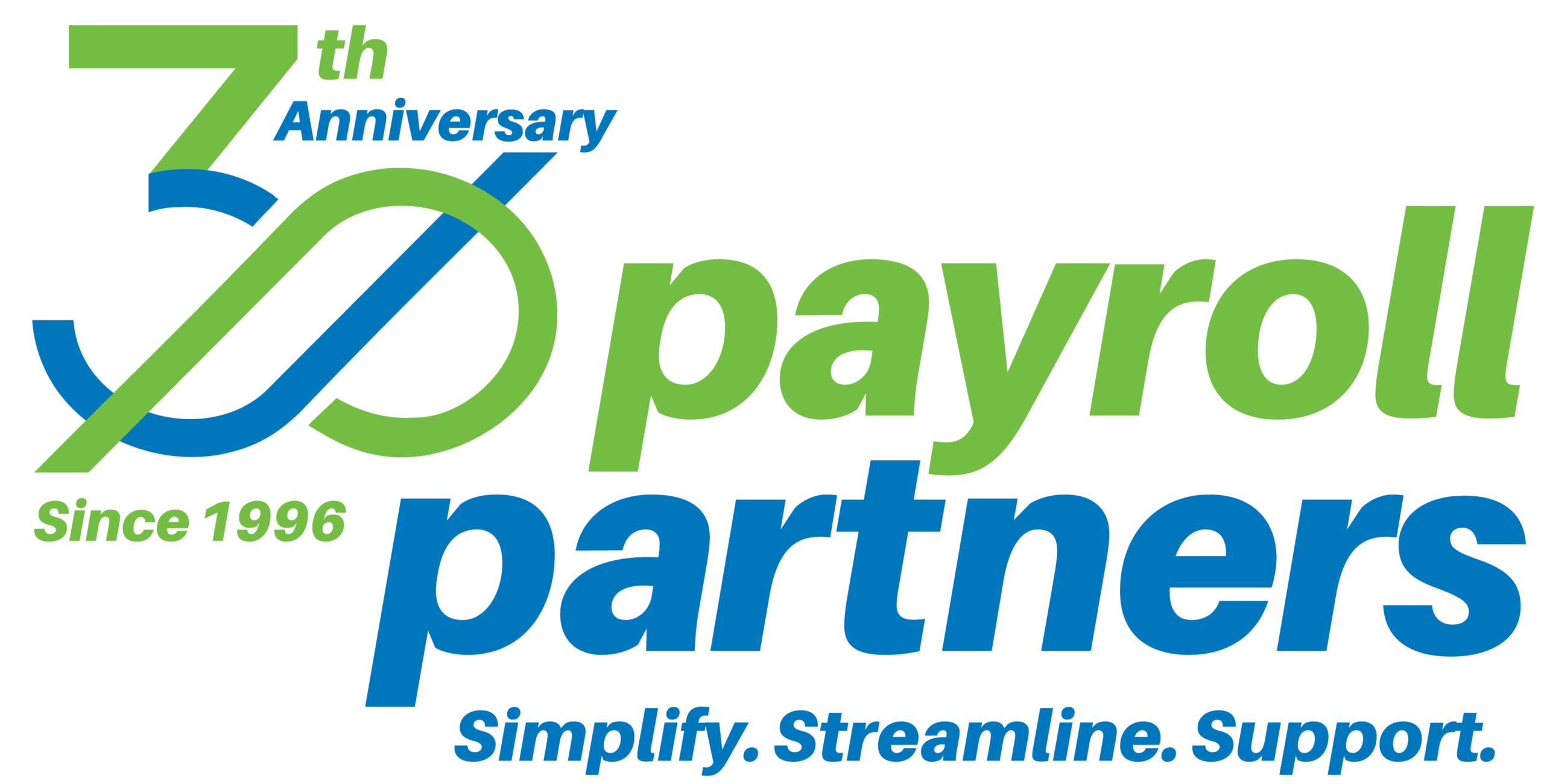In the bustling world of service industries, managing tips can be a significant challenge, involving the delicate balance of accuracy, compliance, and fairness. Whether it’s a restaurant or a salon, business owners need to effectively handle the complexities of...
Payroll
10 Best Practices for Garnishing Wages
Even if you only have one employee, you are still legally required to garnish wages if you receive a court order to do so. Unfortunately, calculating the garnishment and fulfilling your legal obligation isn’t always easy. By keeping in mind a few best practices, you...
Plan For A Cash-Only Holiday
Do you often find yourself still paying off credit card debt long after the holidays? Keeping spending under control can be difficult at this time of year, which is why using cash — not credit — is so important. Here are a few tips. BE EFFICIENT To help keep you...
